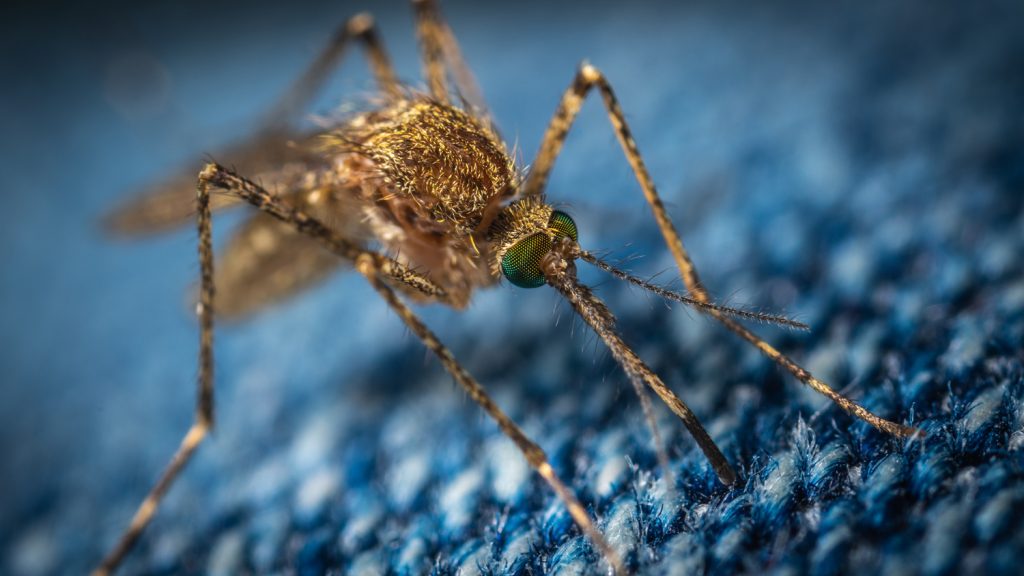Dallas County Health and Human Services’ (DCHHS) laboratory confirmed mosquito samples have tested positive for West Nile virus. The mosquito traps were collected from the 75211; 75241; 75243 zip codes of Dallas additionally from the 75180.

Residents should remain inside during the time sprayers are in the area. Spraying will not be conducted in the event of wind speeds more than 10 mph or inclement weather. A detailed map of the spray area can be viewed at: www.dallas.leateamapps.com/PublicMap/
Residents should use the 4Ds to reduce exposure to mosquitoes:
• DEET All day, Every day: Whenever outside, use insect repellents that have the active ingredient DEET or other EPA-registered repellents and always follow label instructions.
• Dress: Wear long, loose, and light-colored clothing outside.
• Drain: Drain or treat all standing water in and around your home or workplace where mosquitoes could lay eggs.
• All Day long: Dawn, Day and Dusk -Limit your time outdoors mosquitos are active anytime day or night.
DCHHS encourages residents in affected areas to be a part of the solution by eliminating insect breeding areas and larvae before they develop into adult, flying mosquitoes. Standing water can be treated with EPA-approved larvicides that are available for retail purchase. Larvicides are products used to kill immature mosquitoes before they become adults. Larvicides are applied directly to water sources that hold mosquito eggs, larvae or pupae. When used consistently, larvicides can help reduce the overall mosquito burden by limiting the number of mosquitoes that are produced, according to the Centers for Disease Control and Prevention (CDC).
For more information visit the DCHHS website at www.dallascounty.org/departments/dchhs/westnile.php
In conjunction with Dallas County municipalities, mosquito abatement teams are responding by treating impacted areas. DCHHS scheduled ground spraying on Tuesday and Wednesday in the 75180 zip code area of Balch Springs, weather permitting.
According to the Centers for Disease Control and Prevention (CDC), West Nile Virus is the leading cause of mosquito-borne disease in the United States. The virus is present throughout mosquito season, which starts in the summer and ends in the fall.
Currently, there is no vaccine to prevent the virus, nor anti-viral medications to treat it. Over the counter pain relievers and fever reducers can be used to help alleviate symptoms. Hospitalization may be required in severe cases.
The CDC notes however, that most of the people who will become infected with the virus will not feel sick. Approximately 20 percent will develop a fever and other symptoms.
One out of around 150 of those infected will develop a serious illness which is sometime fatal. Recovery in the more serious cases may take weeks or even months.
Symptoms of severe illness include high fever, headache, neck stiffness, stupor, disorientation, coma, tremors, convulsions, muscle weakness, vision loss, numbness and paralysis.
Severe illness can occur in people of any age; however, people over 60 years of age are at greater risk. People with certain medical conditions, such as cancer, diabetes, hypertension, kidney disease, and people who have received organ transplants, are also at greater risk.





[…] Source link […]